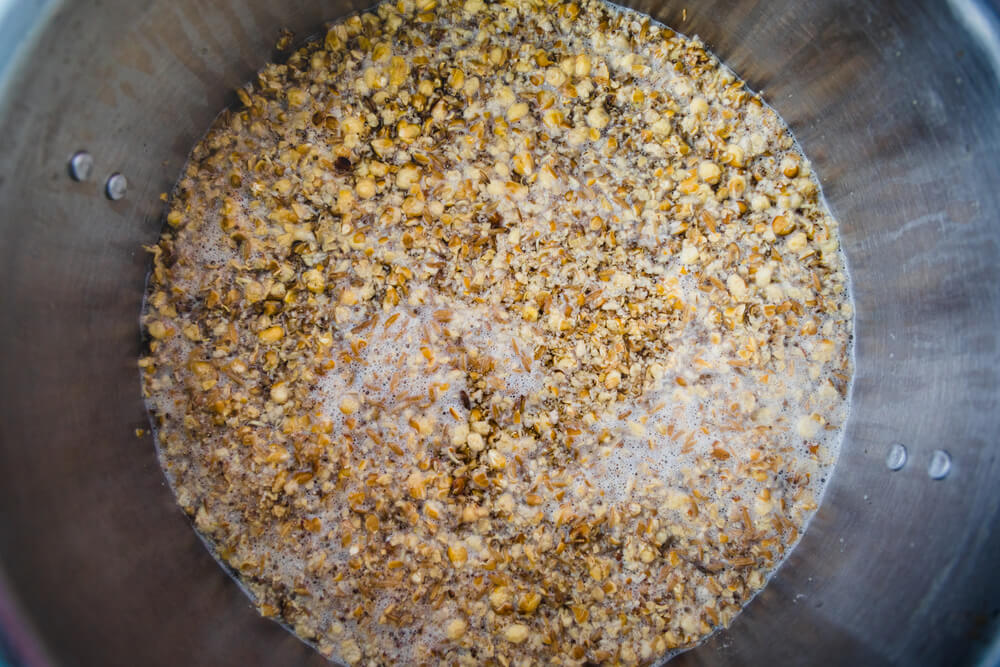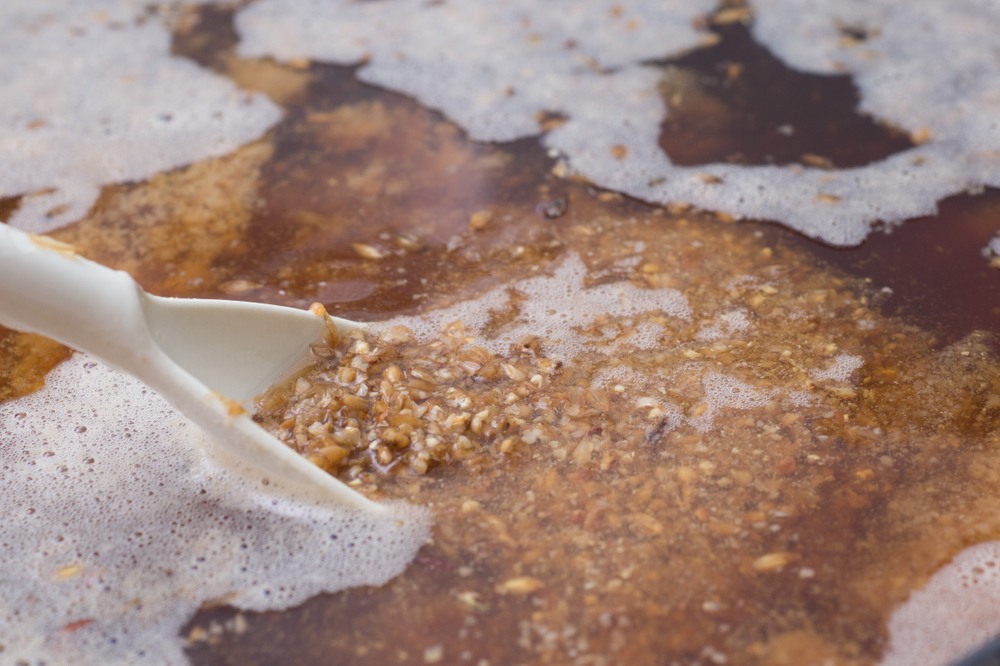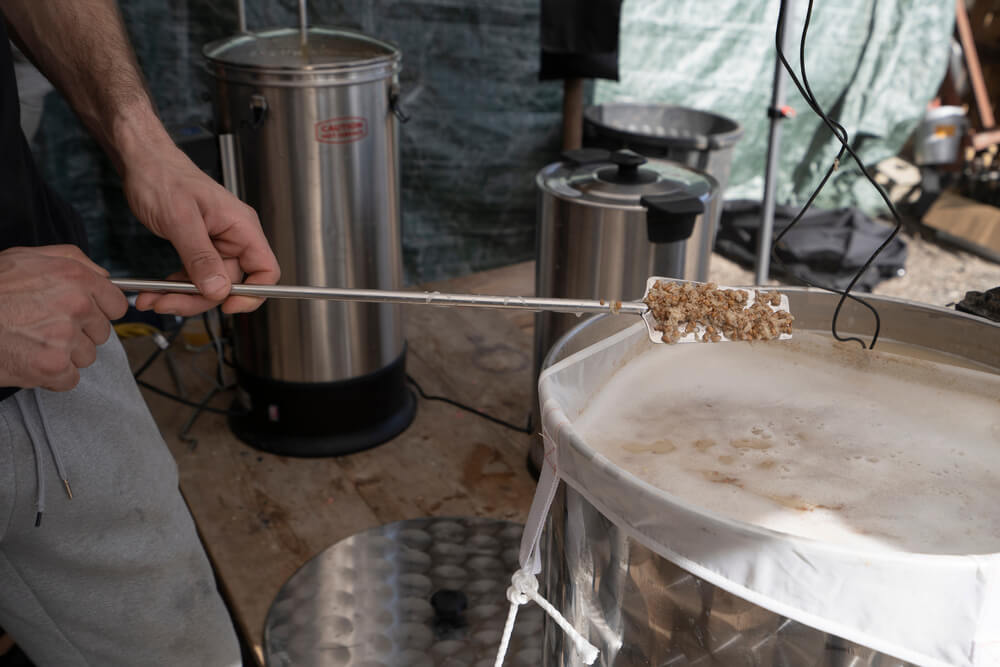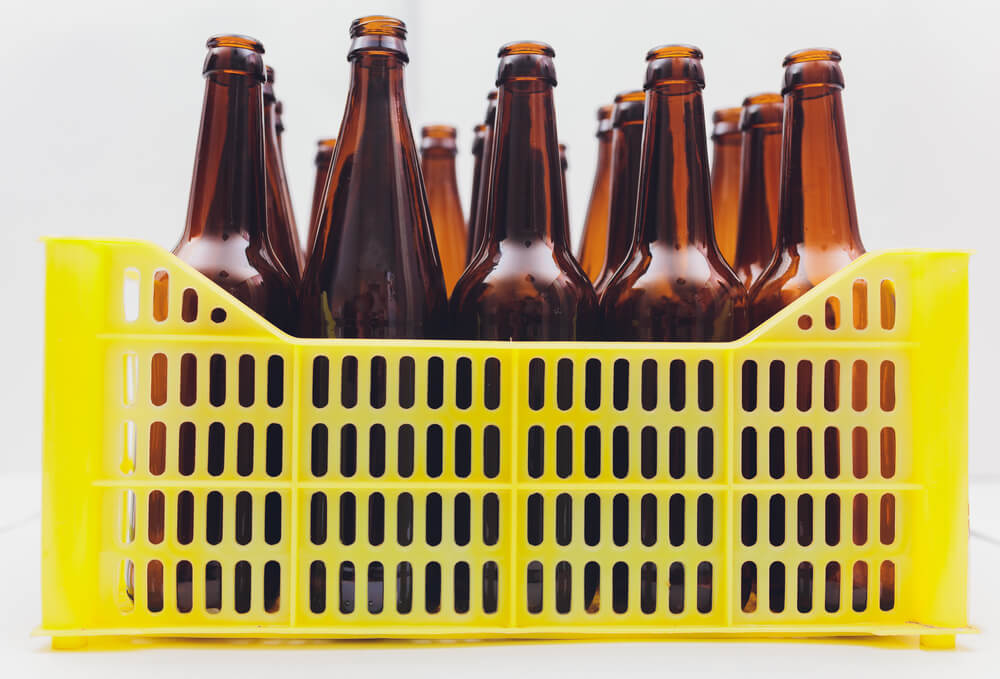Our home brewer gives us 5 reasons why malt extract is great for home brewing beer.
As homebrewers, our first experience with malt extract came from the first recipe kit that we purchased. Malt extract isn’t necessarily a new concept for those starting out homebrewing. But using malt extract in homebrewing isn’t just for beginners.
Experienced brewers really can benefit from using malt extract in their brewing process. Many times we scoff at the idea of going back to extract or partial grain brewing, especially after making big investments in grains, equipment, and the time required for all-grain brewing.
However, there are times that extract brewing is better or can be beneficial, even for experienced home brewers.
Now, you’re probably wondering why we’re so confident about why using malt extract in home brewing is so great? To answer your questions, we’ve come up with a list of five reasons why malt extract is a really great ingredient for home brewing.
Table of Contents
What is Malt Extract?

Malt extract is a concentrated version of wort. Extract manufacturers go through the process of making wort in a controlled environment. The wort is separated from the grains, concentrated, and in some cases, dehydrated.
Malt extract comes in two forms, liquid malt extract, and dehydrated malt extract. Liquid malt extract is a lot like syrup, while dehydrated malt extract is a powder.
There are pros and cons to using both, but you’ll often find that a combination of liquid and dehydrated will give your brew the best results.
5 Reasons Why Malt Extract is Great for Home Brewing
1. Ideal for Beginners
When you’re learning to brew, using malt extract is almost a standard place to start. Recipe kits that frequently are provided with home brew starter kits almost always contain a small packet of grains and malt extract. These kits allow home brew beginners to learn the basics of the process without having to invest in a lot of equipment or become frustrated by the all-grain process that takes a lot of time.
Malt extract allows beginners to have a first beer product that should taste like the intended style, without the challenge of mixing the correct grain bill. When you learn how to brew using malt extract, you get a good idea of how each beer style should taste, and you can brew a lot of different beers while learning, without a big investment in equipment or time.
2. Decreases Brewing Time

If you want to brew, but you’re on a schedule, use malt extract instead of taking the time to make your wort from milled grains. Malt extract is your wort already made. All you have to do is add water to rehydrate and dilute.
A good mash process can add an hour or more of time to your brewing time. And all of the extra equipment that needs to be cleaned for all-grain brewing will add even more time to your brew day.
When you use malt extract, your brew day starts with your boil, where you add your malt extract, and then immediately add your first hops, when your wort returns to a boil. Malt extract brew time can be as short as 1-hour, not including the time necessary to clean your equipment.
3. More Consistent Results
If you have a beer style that you really like to make or is a popular favorite with your friends and family, you may want to consider skipping the all-grain brewing and making your fan-favorite using malt extract.
When you all-grain brew, especially in a small scale of the homebrew process, there is a good possibility for variability in beer flavors, even when you use the same grain bill every time. This variability comes from slight differences in grain mix and from variability in mash temperature.
When you don’t have to work through the mash process and go directly to boil using ingredients made with strict quality control, you know that you’ll get the same result every time you brew.
4. Good for Experimenting
Even if you’re fully dedicated to all-grain brewing there are times when you may want to experiment with a new recipe or a new beer style, without a big commitment in time or ingredients.
Because malt extract is made to provide a consistent flavor profile for standard grain bills, they are a great way to create a good base wort for new beer styles or for experimenting with different ingredients. Using malt extract when you experiment allows you to focus on achieving the right flavors from your added ingredients (herbs, coffee, chocolate, fruits, etc…) instead of worrying about getting the same tasting base beer each time.
When you have the flavor or beer style perfected with malt extract you can move to all-grain and start perfecting the base of your beer, without wondering if the flavor additives or beer style profile is right.
5. Requires Less Equipment
Malt extract brewing is the only option for some home brewers due to space or equipment constraints. Many people that use malt extract in their home brew will do partial-grain brewing. This allows you to steep a small amount of grains in your boil water (kind of like a mini-mash) before you add the malt extract.
You don’t need pumps, mash tuns, or sparging equipment. You need a small grain bag and one boil kettle. If you are limited on space, or not ready to in the necessary equipment for all-grain brewing, sticking with malt extract or partial grain recipes is a great alternative that doesn’t require a lot of equipment.
If you have been wondering about how malt extract can be useful in your home brewing process, our list gives you just a few of the reasons that make malt extract great for home brewing.
Whether you’re an experienced brewer who wants to experiment, or you’re new to home brewing and want to get started with minimal time or equipment investment, a malt extract is a great option for home brewing all types of amazing beers.



